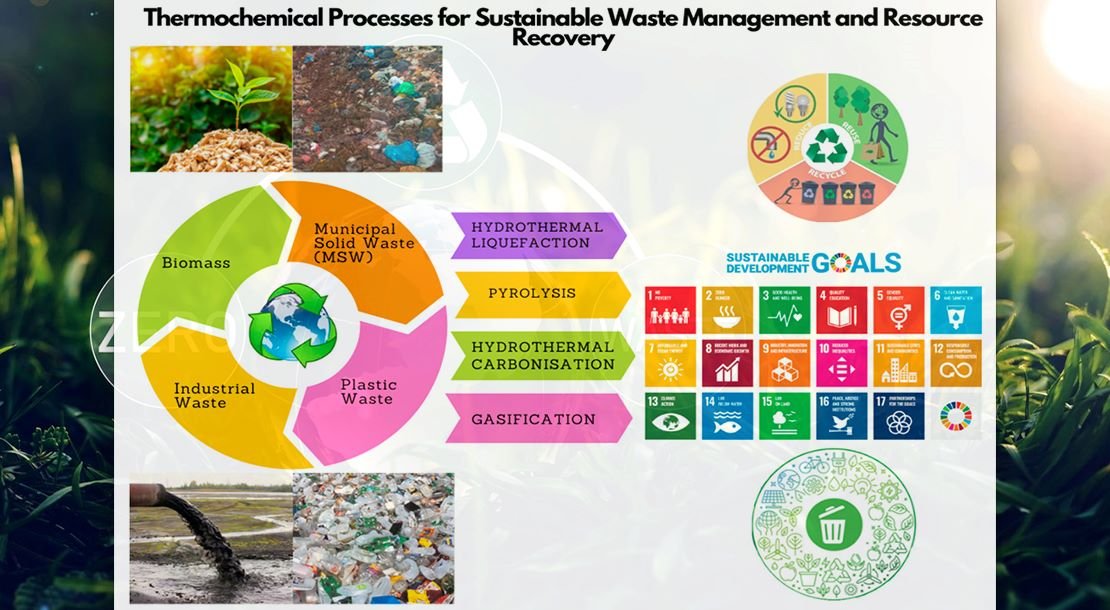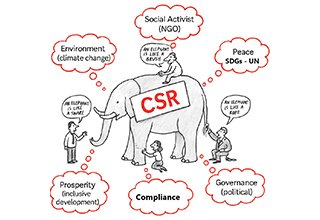
The panel discussion on “Role of CSR in Mission Viksit Bharat by 2047” convened eminent leaders from industry and social sectors to deliberate on how Corporate Social Responsibility (CSR) can be a transformative force in realizing India’s vision of becoming a developed nation by 2047. The session, moderated by Dr. Somnath Singh, provided critical insights into leveraging CSR beyond compliance to create large-scale, sustainable, and inclusive development impacts.
Dr. Singh opened the discussion by emphasizing that Mission Viksit Bharat 2047 is not merely a government aspiration but a collective national mission requiring active participation from businesses, civil society, and communities. CSR, he stressed, must evolve into a strategic enabler of social change, environmental resilience, and economic empowerment.
He said “Mission Viksit Bharat is a shared national aspiration that demands transformative partnerships among corporates, civil society, and government. CSR must evolve from compliance to innovation, driving measurable change aligned with the SDGs and national priorities.”
Key Highlights from the Discussion:
- Grassroots-NGO Partnerships for Inclusive Growth: Mr. Amod K. Kanth, Founder & Mentor of Prayas JAC Society, underscored the indispensable role of grassroots organizations in shaping CSR agendas that are community-centric. He called for stronger policy frameworks and long-term partnerships between corporates and NGOs to ensure measurable social impact.
- Sustainability and Data-Driven CSR: Mr. Vaibhav Raut of Bridgestone India shared how their regional CSR projects integrate sustainability with education and environmental stewardship. He highlighted the importance of data analytics in designing scalable and outcome-oriented interventions, ensuring alignment with the broader goals of Viksit Bharat.
- Industry Leadership in Sustainability: Mr. K. Ganesh from Bisleri International showcased pioneering initiatives such as India’s first zero-liquid discharge plant and advocated for the private sector’s proactive role in influencing policy, technology adoption, and behavioral change for environmental sustainability.
- Technology and Employee Engagement: Mr. Ajay Kumar of Avery Dennison reflected on how a strong internal culture and values drive impactful CSR. He provided examples of leveraging technology to amplify program efficiency and outreach, thereby creating shared value for both communities and businesses.
- Inclusive and Gender – Responsive CSR: Ms. Devina Kamal of Jubilant Ingrevia highlighted the necessity of multi-sector collaboration for systemic change. She emphasized embedding gender equity and intersectionality in CSR programs, particularly focusing on women empowerment as a cornerstone for inclusive development.
Outcomes and Impact
- Consensus on Collaboration: Panelists agreed that multi-sectoral partnerships are essential to scale CSR impact, especially in health, education, climate action, and livelihoods.
- Innovation as a Driver: Businesses need to adopt technology-driven solutions and data analytics for evidence-based decision-making.
- Inclusivity and Equity: Strong emphasis was laid on integrating gender equality, skilling, and social entrepreneurship into CSR agendas for holistic development.
Way Forward
- Shift from Compliance to Strategic CSR: Move beyond statutory 2% spending towards longterm social investments aligned with national missions.
- Institutionalize CSR-NGO Partnerships: Develop structured frameworks for collaborative governance, ensuring accountability and transparency.
- Embed ESG and Sustainability: Position CSR within the larger ESG and sustainability narrative to achieve climate resilience and green growth.
- Policy Advocacy and Knowledge Sharing: Strengthen corporate engagement in public policy dialogues for systemic reforms.
- Measurement and Impact Assessment: Adopt global standards and technology for monitoring, reporting, and scaling successful models.
Conclusion:
The discussion converged on a unanimous call for collaborative, transparent, and innovation-driven CSR strategies aligned with national priorities. As India approaches its centenary of independence, CSR must transcend transactional philanthropy and become a catalyst for sustainable growth, equity, and resilience under the Mission Viksit Bharat framework.


















